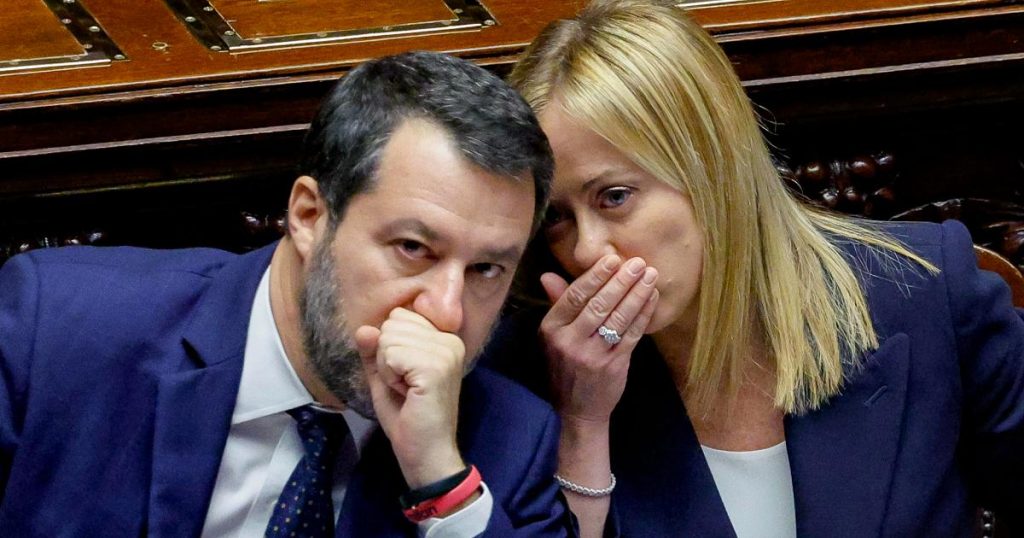The Santanchè case is causing turmoil within the government. Opposition parties have submitted a vote of no confidence against the Minister of Tourism, in light of an investigation by the Milan prosecutor’s office regarding the Visibilis case. The vote is scheduled to take place in the Chamber of Deputies starting next Wednesday, but it may be postponed due to a backlog of measures. Meanwhile, there is speculation within the majority that unexpected twists may still occur. Minister Santanchè stated that no one has asked for her resignation, although there seems to have been some pressure from Giorgia Meloni and the League. The Five Star Movement is pleased to have played a key role in initiating the vote of no confidence against the minister.
Following Easter, a vote of no confidence against Minister Matteo Salvini is expected to take place in the Chamber of Deputies between Wednesday and Thursday, concerning the League’s relations with the United Russia Party. However, the outcome of this vote is not causing much concern within the government. More significant are the tensions arising from the different strategies being adopted by Vice Premier Salvini and Meloni as they prepare for the upcoming European elections in June. Salvini is aiming to reach double-digit support to avoid a potential party congress that could challenge his leadership. This has led him to try to attract right-wing voters that Meloni, due to her institutional demeanor, must often mediate positions with. The two leaders recently clashed on television, finding common ground on some issues while differing on others.
The discussions between Salvini and Meloni ranged from vaccine side effects to the Schengen Agreement to relations with Russia. They both made remarks that would appeal to right-wing voters. While Meloni criticized certain “politicized magistrates” and advocated for a cap on the percentage of foreign students in classes, Salvini discussed the case of a school in Pioltello and proposed a 20% cap on foreign students per class. They also differed in their attitudes towards European leaders, with Salvini expressing his preference for Marine Le Pen over Emmanuel Macron and confirming his support for General Roberto Vannacci. Meloni, on the other hand, mentioned disagreements with Macron’s stance on the Ukrainian crisis and emphasized the importance of working towards a peaceful resolution.
Both leaders also addressed the issue of Russia, with Salvini defending his decision to vote in favor of initiatives involving Russia and emphasizing the importance of promoting peace over war. In contrast, Meloni highlighted the need to distinguish between the aggressor and the victim in the context of international conflicts. The reactions of Salvini’s allies, Meloni and Antonio Tajani, to his positions on Russia were contrasting, showcasing the diverging viewpoints within the government. Despite disagreements on certain issues, Salvini and Meloni both emphasized their commitment to working towards peace and resolving conflicts through diplomatic means.


